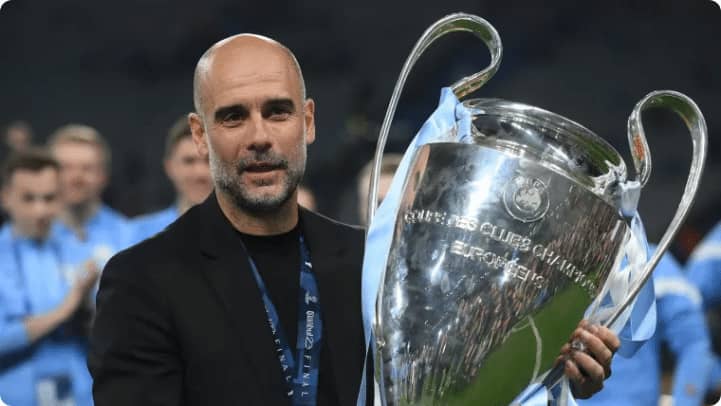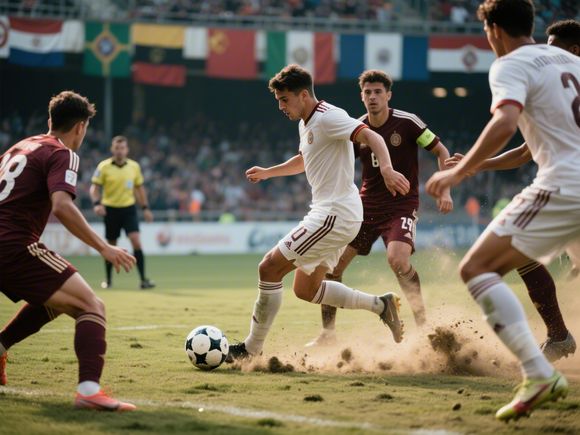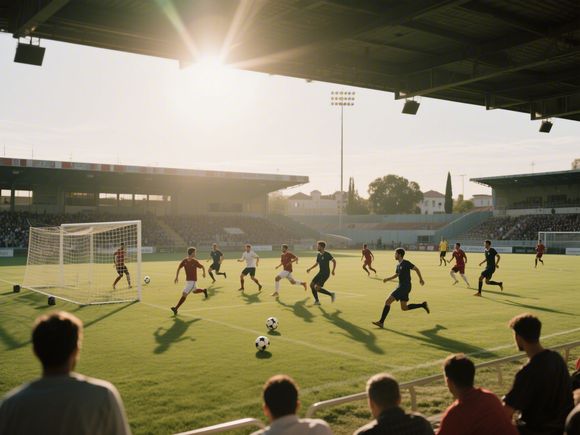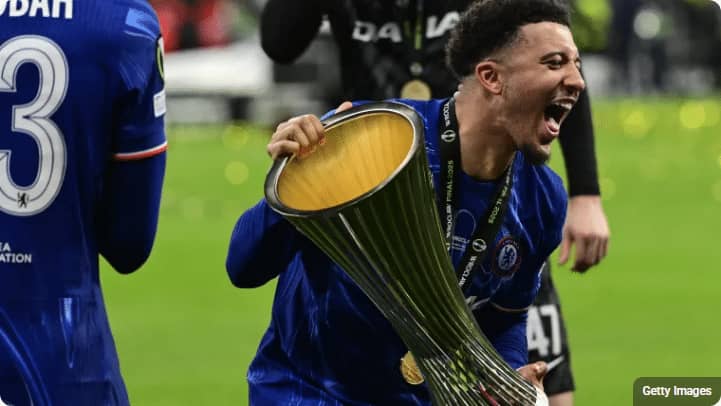The Financial and Sporting Stakes of the 2025 UEFA Champions League Final: Inter Milan vs. Paris Sai
FEEL UNSTOPPABLE IN GEAR THAT MOVES WITH YOU.
From lightweight running shorts to moisture-repellent jackets – every piece is crafted for peak performance and head-turning style.
Need sports gear? Get it on sale now – discounts you can’t resist! <--ClickA Clash of Ambitions and Resources
The 2025 UEFA Champions League final between Inter Milan and Paris Saint-Germain (PSG) transcends mere competition for the trophy. Hosting at Munich’s Allianz Arena on June 1, 2025, the match represents a pivotal moment for both clubs’ financial and sporting legacies, with €25 million awaiting the winner and broader implications for their strategies.
The Prize Pool: Beyond the Trophy
UEFA’s 2024/25 Champions League prize pool totals €250 million, with the winner earning €25 million and the runner-up €18.5 million. However, the financial stakes are far greater: Inter has already secured €136.7 million from tournament participation and TV revenue, while PSG has banked €137.9 million. Victory could add €6.5 million in bonuses and a €4 million UEFA Super Cup payday, further reshaping each club’s financial trajectory.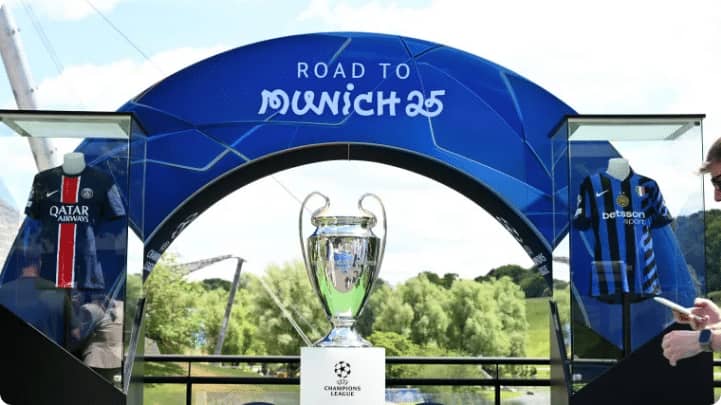
Financial Transformations
Inter Milan: A Record-Breaking Surge
For Inter, a win would push their 2024/25 revenue to €500 million, marking their first profit in a decade. Their €136.7 million Champions League earnings alone surpass Juventus’s 2016/17 record of €110 million. Manager Simone Inzaghi’s prudent strategy—bolstered by signings like Marcus Thuram—has balanced fiscal responsibility with tactical discipline.
PSG: Justifying the Investment
Backed by Qatari ownership since 2011 (€2 billion invested), PSG seeks to validate its “billion-euro project” through this victory. A win could unlock an additional €200 million in commercial revenue, ending their Champions League “trophy drought” and elevating Ligue 1’s global profile. Their recruitment of Khvicha Kvaratskhelia for €60 million exemplifies high-stakes strategy, with the Georgian forward contributing 5 tournament goals.
Player Incentives and Club Dynamics
Inter’s players face €400,000 bonuses per capita for victory, while PSG has pledged €1 million per player—a reflection of their contrasting financial priorities. These incentives underscore modern football’s commercialization, tying individual performance to multimillion-euro outcomes.
Tactical and Cultural Context
A Clash of Philosophies
Inter embodies Italian pragmatism, reaching the final through tactical discipline (only 4 Champions League goals conceded) and decisive knockout-stage performances against Bayern Munich and Barcelona. PSG, meanwhile, represents “nouveau riche” ambition, blending star power (Ousmane Dembélé, Kvaratskhelia) with Luis Enrique’s flexible tactics.
Geopolitical and Historical Layers
PSG’s Qatari ownership views the tournament as a soft-power tool, while Inter’s resurgence symbolizes Italian football’s recovery from financial crises. The final also marks PSG’s chance to become the first French club since Marseille (1993) to win the Champions League.
X-Factors and Predictions
Inter’s defense, led by Bastoni and Sommer, faces PSG’s attacking creativity. Analysts suggest a close match, with set-piece execution and goalkeeper performances (Donnarumma’s 5 clean sheets vs. Sommer’s shot-stopping) likely decisive. Outcomes range from a 2-1 PSG victory to a penalty shootout win for Inter.
Conclusion: Sport Meets Commerce
This final encapsulates modern football’s dual identity. For Inter, it’s a step toward financial Stability and European elite status. For PSG, it’s validation of their ambitious project. Regardless of the result, the €250 million prize pool and 450 million global audience ensure this match will be remembered for its financial audacity as much as its sporting drama.
Keywords
UEFA Champions League Final 2025, Inter Milan financial resurgence, Paris Saint-Germain trophy drought, Qatar ownership in football, tactical football analysis


